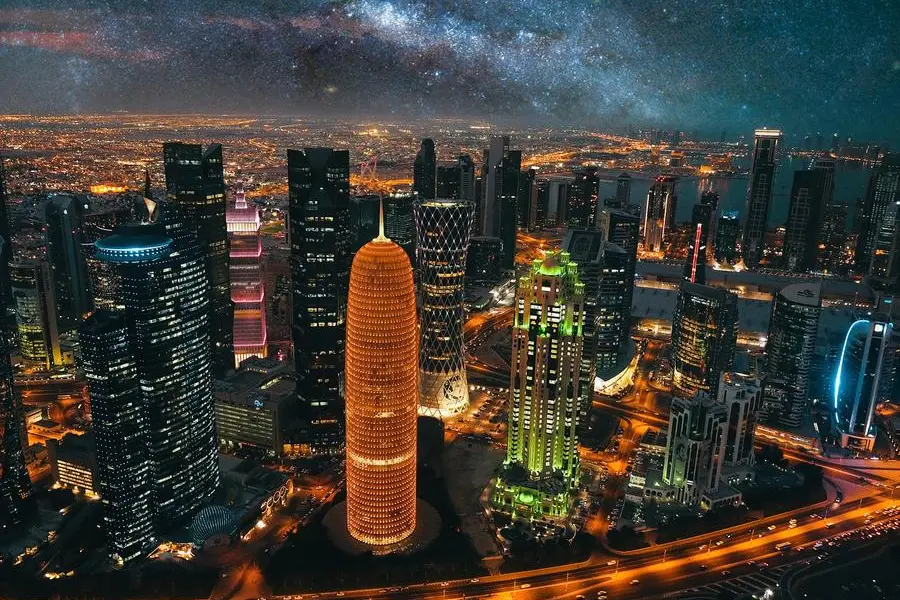PHOTO
Qatar’s medium-term growth is likely to rise to around 4–4.5% after the North Field expansion starts boosting LNG production, International Monetary Fund (IMF) said in a report released on Thursday.
Aided by buoyant export revenue and public spending, Qatar’s fiscal and external current accounts are projected to be in surpluses throughout the medium term, IMF said.
The report, which was issued after a visit to Qatar by a team led by IMF’s Ran Bi in early May, said, “After very strong growth in 2022 boosted by the World Cup, the economy is expected to normalise in the near term while the outlook remains relatively favourable.Real GDP growth is expected at 2–2.5% in 2023–24 on robust domestic demand and the ongoing LNG expansion, with inflation moderating gradually to around 3%.”
Risks to Qatar’s outlook are broadly balanced. Downside risks stem mainly from an unfavorable global environment, including a sharper-than-expected global growth slowdown, tighter and more volatile global financial conditions, increased commodity price volatility, and further worsening of geopolitical tensions.
On the upside, accelerated reform efforts guided by the 3rd National Development Strategy, to be unveiled in the summer of 2023, could boost productivity and promote economic diversification. Sustained high hydrocarbon prices would further strengthen the outlook.
“Fiscal discipline has been broadly maintained in 2022, with most of the hydrocarbon windfalls saved and overall expenditure largely kept within the budget envelope. As a result, fiscal surplus rose to around 10% of GDP in 2022, from close to zero in 2021. Central government debt declined by 16 percentage points to around 42% of GDP during the same period.
“The 2023 budget balances continued discipline and sustaining domestic demand, with a broadly unchanged wage bill and cuts in public investment from 2022 outturns. The upcoming medium-term budget, for 2023–25, will be developed following the release of the 3rd National Development Strategy to balance aspiration for transformation and fiscal discipline.”
IMF noted that a decade of the nation’s efforts to diversify the economy culminated in the successful hosting of the 2022 FIFA World Cup. Qatar managed the Covid-19 pandemic well, providing a safe environment for the first major global sport event since the pandemic.
Qatar is well placed to leverage the top-notch infrastructure built and capitalise on the momentum and visibility created by the World Cup as the government lays out its 3rd National Development Strategy to help achieve the ambitions of Qatar National Vision 2030.
“Qatar has smoothly navigated the recent global economic and market volatility. The Russian war in Ukraine highlighted risks from geopolitical tensions, including the impact on energy prices, and the role of natural gas in safeguarding energy security, opening up opportunities for Qatar. The banking sector turmoil originating from the U.S. has had only a limited and temporary impact on the domestic financial system,” IMF noted.
While in Doha, the IMF team met with HE the Minister of Finance Ali bin Ahmed al-Kuwari, HE the Governor of Qatar Central Bank Sheikh Bandar bin Mohammed bin Saoud al-Thani, other senior government officials, and private sector representatives.
© Gulf Times Newspaper 2022 Provided by SyndiGate Media Inc. (Syndigate.info).





















